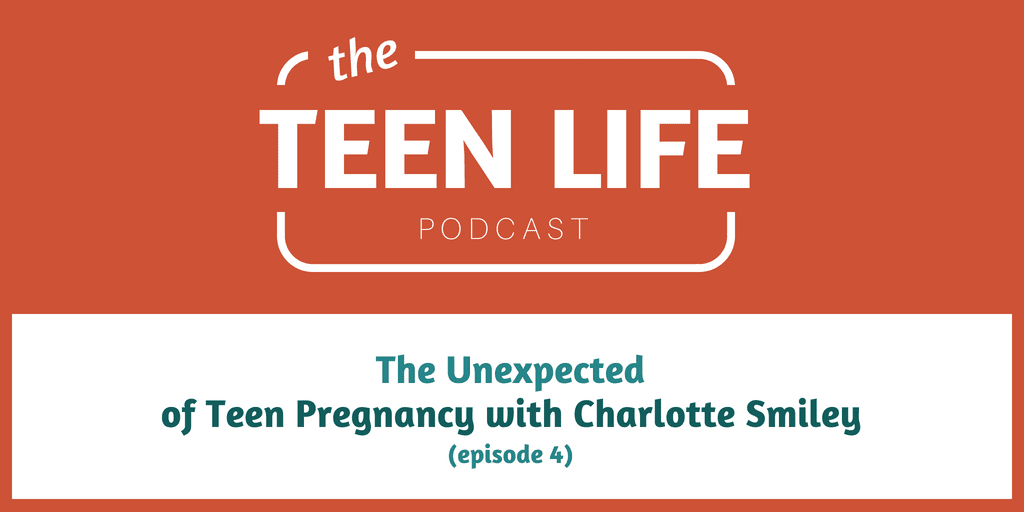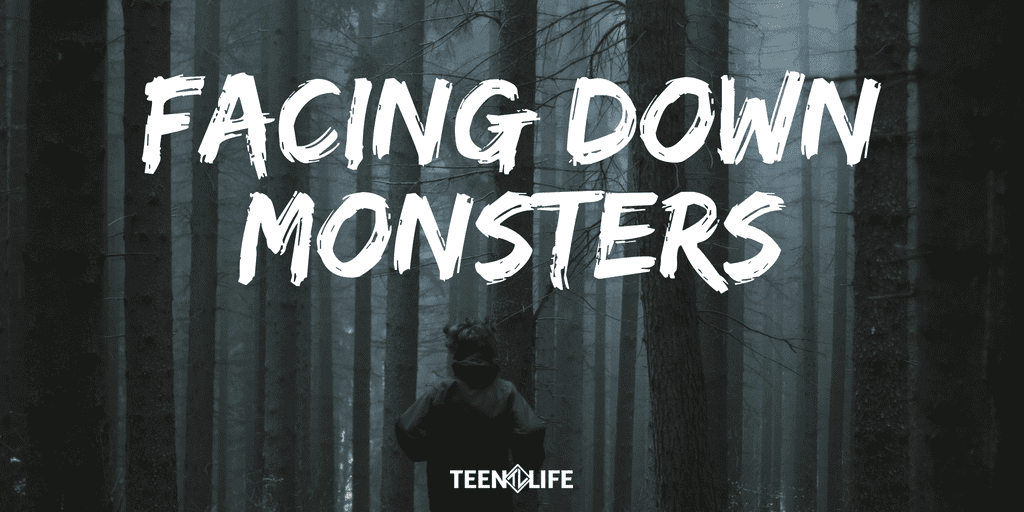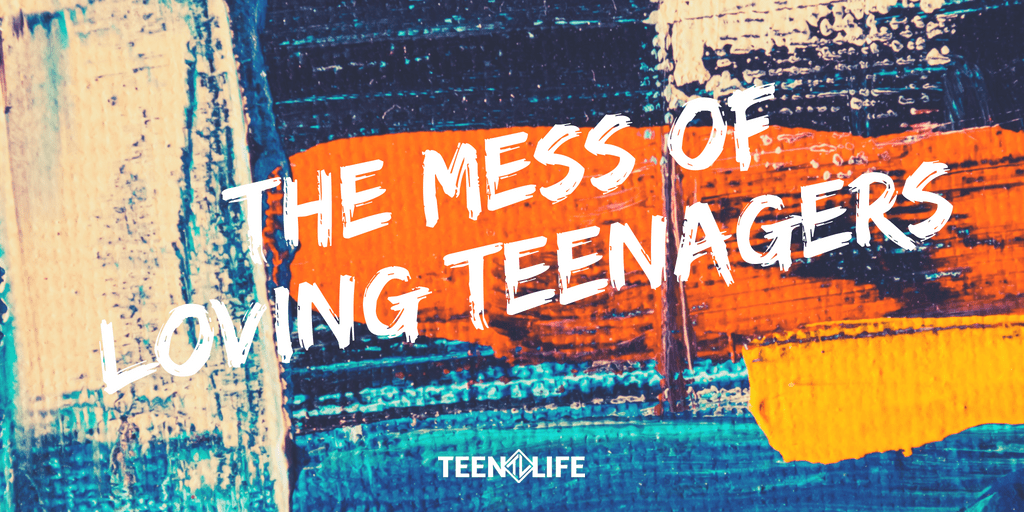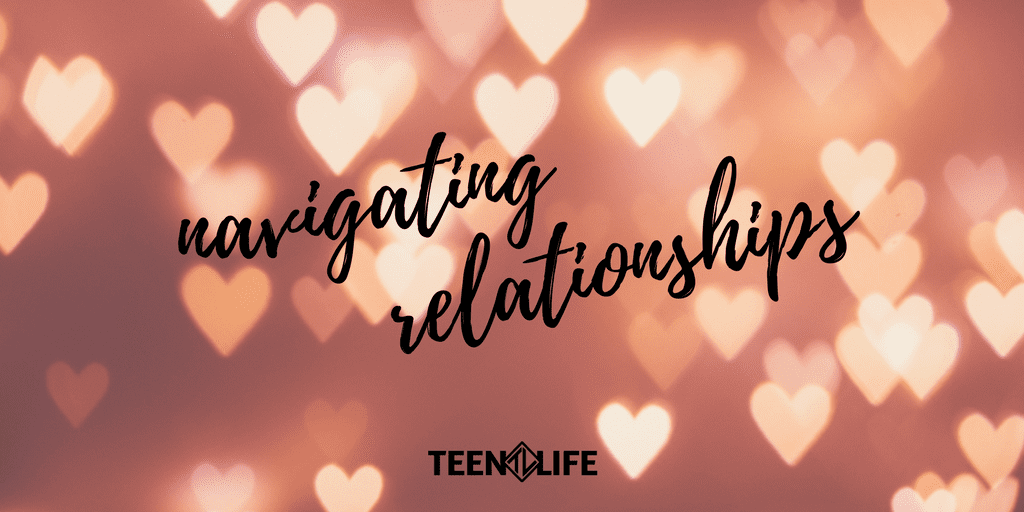
Teen Pregnancy with Charlotte Smiley
Podcast: Play in new window | Download
How to help when it comes to teen pregnancy
Charlotte Smiley shares about life as a teen parent and life as a parent of a teen parent.
As a 17-year-old senior in high school, Charlotte found out she was pregnant with her oldest daughter, Morgan. Years down the road, Charlotte found out that Morgan was going to become a teen parent herself when Morgan found out she was pregnant during her sophomore year of college.
With her incredibly unique experience and perspective, Charlotte walks us through the challenges of teenage pregnancy from both sides of the story.
We are so thankful for Charlotte’s wisdom as we talk about choices, family, grace, forgiveness, accountability, and walking through difficult times.
If you have a teen parent or a parent of a teen parent in your life, please listen, share, and let us know what you think! We invite you to join our conversation with Charlotte Smiley.

Wisdom for teens experiencing a teen pregnancy:
- Get counseling or therapy if you need it.
- Stay in school!
- You can do it! There is support out there for you.
- Your best is good enough.
For people supporting teen parents:
- Offer to help, and keep offering even when they say no!
- Be inclusive when you can. It is hard for teen moms to find where they fit and belong.
- Show up!
- Let them vent without telling them what to do.
- Be vulnerable and let them know that you genuinely care about them.
Resources:
- If you or someone you know is dealing with an unexpected pregnancy, Pregnancy Help 4 U can help.
- If you are someone who works with student-aged parents, reach out to program@teenlife.ngo for more information about our Support Group Curriculum designed for teen parents!
- Music: Under the Chandeliers
Have a question?

Karlie Duke
Communications Director

Chris Robey
Former CEO

Charlotte Smiley
Special Guest
Karlie Duke | Director of Communications
Karlie has always had a heart for teenagers. Through her role at Teen Life, she loves to showcase the amazing stories coming out of Support Groups, but she is especially passionate about helping adults and teenagers find connection. Karlie has a BS in Communications with a minor in Family Studies from Abilene Christian University.
Chris Robey | Former CEO
Chris has spent most of his career empowering teenagers from all backgrounds. As the former leader of Teen Life, he is passionate about helping students make good choices while also giving adults the tools they need to communicate more effectively with teens. Chris is a graduate of Midwestern State University and holds a Master’s Degree in Family Life Education from Lubbock Christian University.
Charlotte Smiley | Special Guest
At 17, Charlotte found herself pregnant with Morgan who is now 29 years old. After graduating from high school early, she went on to graduate from Midwestern State University with a B.S. in Dental Hygiene. Charlotte met her husband Scott when Morgan was 4 months old. They now have four beautiful children and 3 grandchildren. Charlotte and Scott consider their lives a ministry as they fulfill their passion in mentoring young teenagers and young married couples.















